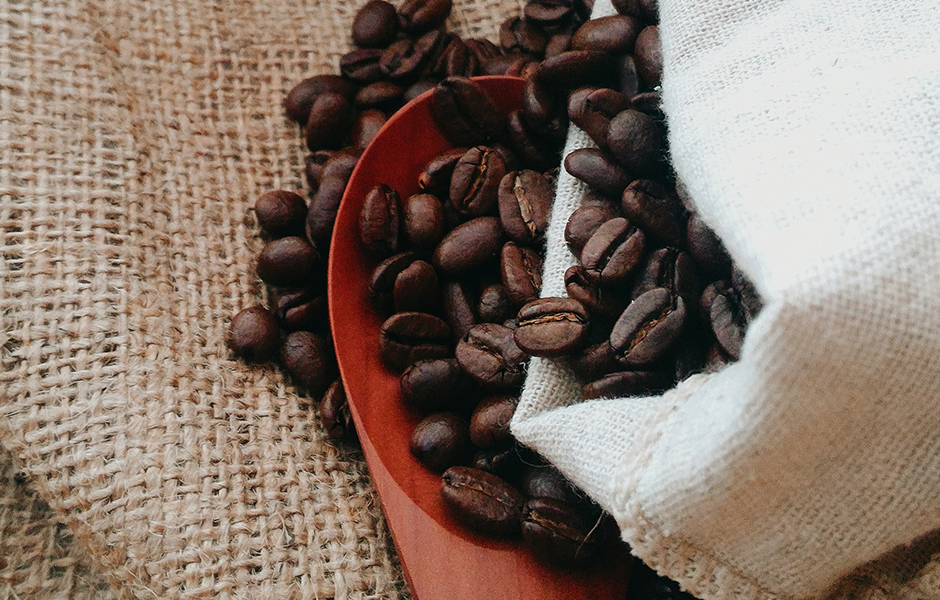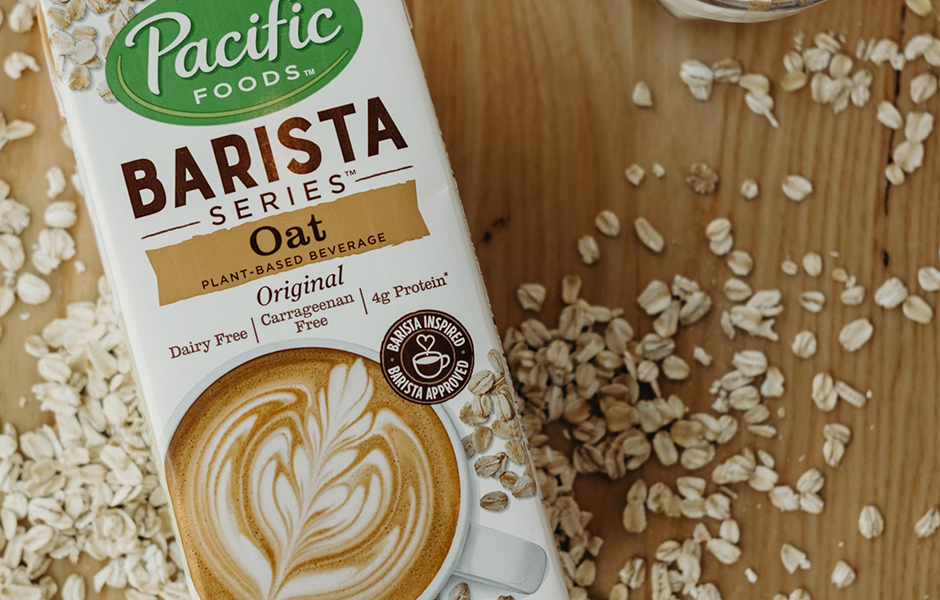With 2021 behind us, there’s a lot to look forward to for coffee lovers in 2022. The rise of experimental coffee blends, plant-based milks and coffee subscriptions are but a few of the trends set to shape 2022 and, as coffee lovers ourselves, we couldn’t be more excited!
Here are our predictions for the top coffee trends to of 2022.
Blends To Become More Mainstream
Blends have been a foundational member of the coffee sector for decades. However, unlike their single-origin counterparts, they’re often overlooked and not shown the level of interest they truly deserve. Until now.
Coffee blends are traditionally made through the combination of two or more single-origin coffees, to produce a unique flavour profile at a reduced cost. It is this combination that made coffee blends less appealing to the enthusiast community, who tend to favour single-origin specialty coffees.
However, in recent years, many in the industry have become to understand the potential of blended coffee. Through the combination of two origins, coffee roasters/brewers are able to create unique and complex flavour profiles, which a single-origin roast could never produce. This has led to blended coffee becoming more common at competition events.
We expect blended coffee to become increasingly popular in 2022, as brewers begin to experiment further.

The Rise of Koji-Fermented Coffees
If you are coffee enthusiast, you will likely be familiar with “Kopi Luwak”, which is a coffee fruit eaten, partially digested, and then excreted by the local Asian Palm Civet, native to Southeast Asia. This digestive process is said to create a unique taste, one which individuals are willing to pay £100+ for.
Now, to many, this process sounds highly unappetising – which is where koji-fermentation comes in. Koji-fermented coffee seeks to become a cleaner alternative to Kopi Luwak, instead using the ancient Japanese mold “Koji” to create a unique flavour. Koji (aspergillus oryzae) has been used to ferment Japanese foods for years, including Soy sauce and Miso.
The process involves sprinkling Koji spores over green coffee beans and allowing them to ferment over several days. The beans are then roasted. Koichi Higuchi, the creator of koji-fermented coffee, discovered that compared to regular beans, the dark roast gave milder taste, whereas the light roast had cleaner acidity.
We expect to see Koji-fermented coffee gain international recognition, in the same way Kopi Luwak gained its popularity.
Carbon Emission Goals
COP26 took place in November 2021, with its key talking point of tackling climate change. Primarily, this focused on how individual countries and the private sector could reduce their carbon emissions.
Coffee shops, cafes, brewers, and roasters will come under increasing pressure in 2022 to reduce their carbon emissions. Expectations will come from both the government and the public, as a greater number of consumers choose to avoid companies damaging the environment, in favour of those trying to protect it.
There are several ways to become more environmentally friendly. From switching to environmentally friendly coffee bags, reusing waste coffee beans, or switching to a vegan only menu, your business should be seen doing good for the environment.
Plant-Based Milks
Last year we published several blogs about non-dairy milk alternatives, for good reason! Plant-based milks are becoming the dominant milk of choice for many, whether they be vegan, vegetarian or flexitarian. In fact, in recent years, Starbucks have stated that plant-based milks account for one-third of their sales.
If you don’t currently offer plant-based milks, or perhaps have a weak range, we strongly advise you invest in a strong selection of plant milks. Oat, Soya and Coconut are by far the popular choices, but worthy mentions include Almond, Cashew and Pea milk. We’ve published several blogs on plant-based milks over the years, which should point you in the right direction if you’re just starting out with plant-based milks.
Our favourite milks - https://www.nationwidecoffee.co.uk/news/6-of-the-best-dairy-free-alternative-milks-to-use-in-your-coffee
Using plant-based milks - https://www.nationwidecoffee.co.uk/news/how-to-work-with-plant-milks-on-your-espresso-machine

Coffee Bags
A relatively new trend within the coffee sector, we’re seeing more and more variations of ‘coffee bags’ come to market. Similar in design to your average tea bag, coffee bags contain pre-ground coffee, designed to create the perfect coffee. The idea is that coffee bags are as convenient as instant coffee, but offer enhanced flavour due to their freshly ground coffee.
Due to their convenience, as all the hard work has already been done for you, we’re expecting coffee bags to become more commonplace. In fact, we can even see speciality coffee being bagged and sold in this format!
Coffee Subscriptions
Coffee subscriptions began gaining popularity in 2019, however they’ve seen unprecedented growth in 2020 and 2021, thanks to lockdown restrictions.
Not only do coffee subscriptions allow consumers to get their coffee-fix from the comfort of their own home, but they also expose the recipient to new coffee roasts from regions all over the world, imprinted with their very own unique flavour. This process will allow coffee lovers to broaden their horizons, exposing them to new coffee roasts, regions, processes, and types, perhaps even a future favourite!
With these flexible subscriptions, you can easily manage how often you’d like deliveries – or even pause the subscription if you find yourself struggling to keep up!



